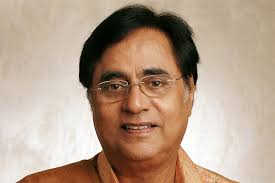The Intellect and the Novel
How Intellectual Should a Novel be?
The novel is normally expected to tell a story first and foremost. It should be like a good companion that does not rake the reader’s brains too much. Yet, it should not provide the kind of company that will make the reader a passive flirt or casual pleasure seeker. Hence, it is vital that the novel does a little more than providing an escape from the unpleasant hardships and problems of this world. It must make an endeavour to tickle the reader’s intellect in some measure. Even the near-domestic novels of Jane Austen, which are brilliant artistically, make us think about what is right and what is wrong in the lives of women and men. But her novels cannot be called intellectual in any sense. That could be one reason for their lasting appeal.
An intellectual novel or play will, more often than not, cater to a particular time or society. It will not go on pleasing successive generations; for the intellect is severely limited in time and space. It is the imagination that goes beyond and the highly imaginative novelist will tend to go much higher or delve much deeper. The intellect attends to immediate social or geopolitical problems but the imagination often invents new time-frames and spatial experiences. The imagination can easily take the route of unreality and things that the intellect would reject as fantastic. The novelist needs to accommodate both intellect and imagination, with greater stress on the imagination. Fiction is by its very existence made possible by the powers of the imagination while nonfiction gives more importance to the intellect in comparative terms.
Yet the novel has the elasticity to make its intellectual content substantially larger than a novel that pays more attention to its art. There are novels that make their stories and plots suitable for becoming vehicles of their contents. Every novelist does that to an extent but the intellectual novel does that much more. If a novelist is basically intellectual, like George Orwell, for instance, is, he will write the social, satirical and instructive novel the art of which needs to be judged by different standards as it is setting out to do different things. The novel can be constructed with the intellect as the torch-bearer or it can be tied together with the help of the free play of the imagination. But in both cases, the intellect and the imagination must co-exist in the proportion that is generically required.

You May Also Like

The Literary Writer
October 17, 2020
Jagjit Singh, that Shakespeare among ghazal-singers
October 14, 2020
2 Comments
Ajay Kumar Yadav
Great observation, sir.
Akash shukla
I want to read and read novels.